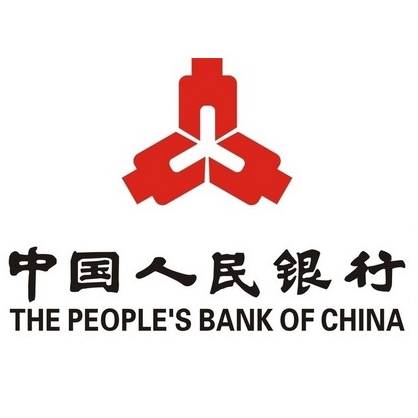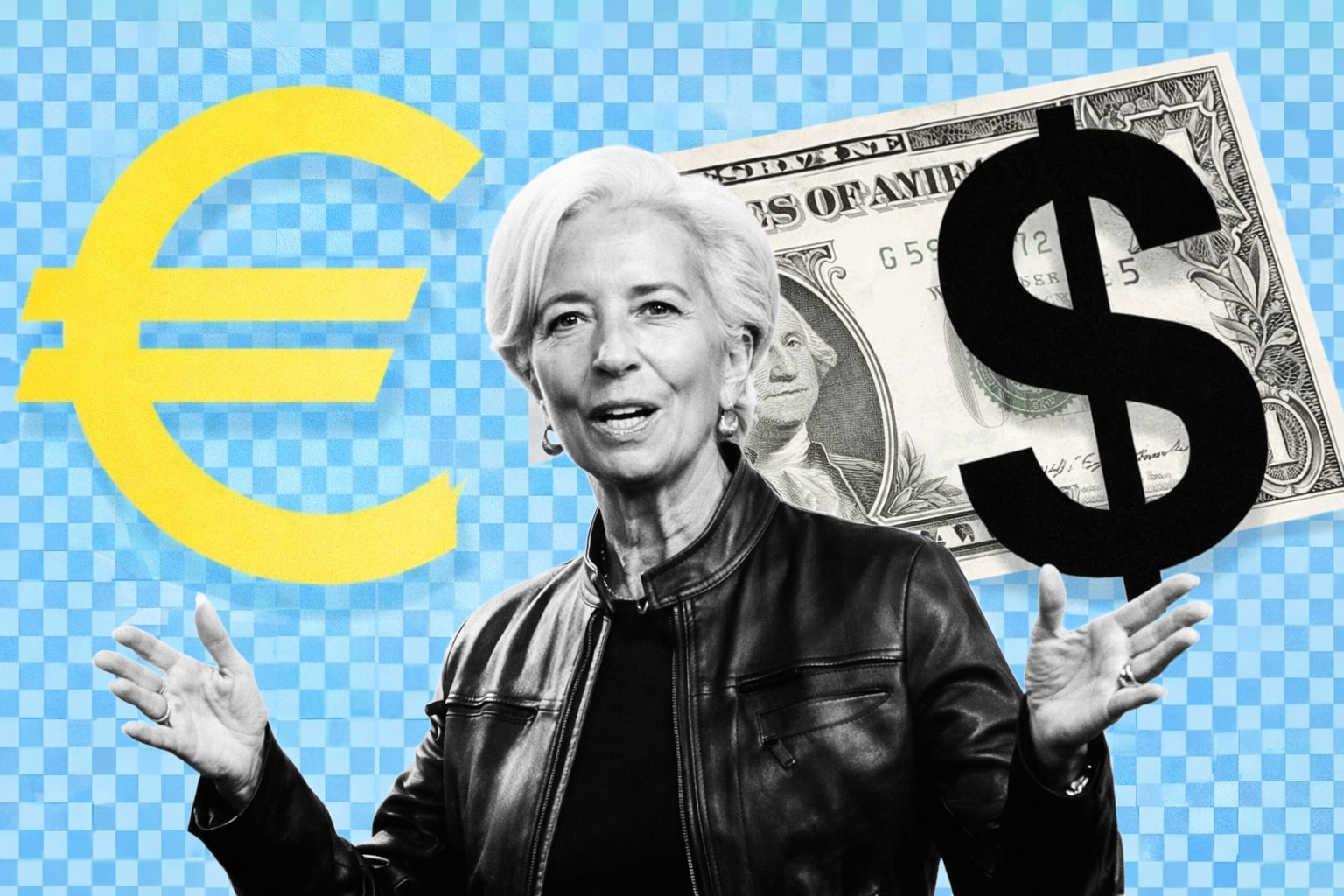
China's PBOC Reduces Forex Intervention, Boosts Liquidity Support
PBOC Governor Yi Gang Announces Market-Oriented Exchange Rate Reform and Enhanced Liquidity Injection to Support Economic Recovery
In a recent speech at the Peterson Institute for International Economics in Washington, DC, People's Bank of China (PBOC) Governor Yi Gang stated that the central bank has largely exited regular foreign exchange intervention, allowing the renminbi exchange rate to be determined by the market. He highlighted China's pursuit of market-oriented exchange rate reforms for many years and the gradual phasing out of foreign exchange interventions. Yi maintained that the PBOC still reserves the right to intervene in foreign exchange markets during extreme capital flight, but believes minimal intervention is the best approach.
Yi also mentioned his push for easing capital controls for businesses and individuals during his tenure as head of the State Administration of Foreign Exchange from 2009 to 2016. One significant change introduced over a decade ago was allowing individuals to exchange up to $50,000 into foreign currency annually.
As China's economy rebounds, the PBOC has been injecting liquidity to support economic recovery. The central bank provided 170 billion yuan ($25 billion) of funds to banks through the medium-term lending facility (MLF) in April, marking the fifth consecutive month of such action, while keeping the interest rate at 2.75%. The PBOC has also cut the required reserve ratio for lenders in March, possibly releasing about 500 billion yuan of long-term funds into the financial system. As the foundation of the economic recovery is not yet solid, the PBOC aims to keep credit growth reasonable.
China's 10-year government bond yield edged up to 2.84%, while the offshore yuan slipped 0.1% to 6.8796 per dollar. Smaller Chinese lenders have cut deposit rates in April, which could improve profitability and encourage borrowing. The PBOC's interest rate self-disciplinary mechanism, overseen by the central bank, has adjusted the assessment method for banks this year to encourage lowering deposit rates.
Yi Gang's speech has drawn attention to the PBOC's management of the renminbi exchange rate through various tools, including setting the daily midpoint fix for the onshore yuan and directly intervening in foreign exchange markets. The US Treasury has criticized China for its lack of transparency in managing its exchange rate, but some observers agree that China's state-owned banks have been helping the PBOC manage the renminbi.
Read More
-
Salesforce Stock Price Forecast - Why CRM Stock Around $238 Still Discounts Agentforce And 34% FCF
14.01.2026 · TradingNEWS ArchiveStocks
-
XRP Price Forecast - XRP-USD Holds Above $2 as Luxembourg EMI and CLARITY Act Cut Regulatory Risk
14.01.2026 · TradingNEWS ArchiveCrypto
-
Oil Price Forecast: WTI Oil Breaks Out Toward $62 as Brent Jumps Above $66 on Geopolitical Risk
14.01.2026 · TradingNEWS ArchiveCommodities
-
Stock Market Today - Dow Slides to 48,977 as BAC, WFC Sink and Gold Blasts to $4,621
14.01.2026 · TradingNEWS ArchiveMarkets
-
GBP/USD Price Forecast - Pound Holds 1.34–1.35 Band As Fed Independence Shock Offsets Strong US Numbers
14.01.2026 · TradingNEWS ArchiveForex


















